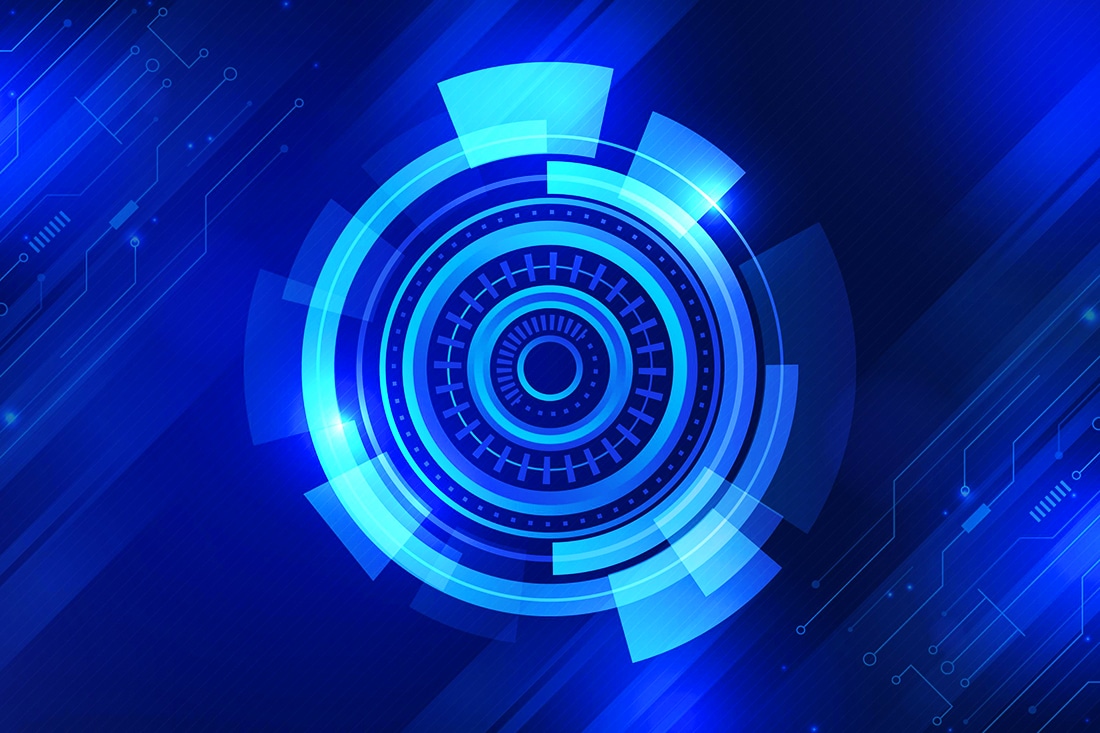In recent years, Artificial Intelligence (AI) has emerged as a game-changing technology with the potential to transform various industries. One of the most promising areas where AI is making an impact is in security measures. Unleashing the power of AI is revolutionizing the way security measures are implemented in various domains, from physical security to cybersecurity, and is enabling a safer world for all.
Physical security measures are critical in our society, particularly in safeguarding public spaces, critical infrastructures, and high-security facilities. Traditionally, securing these areas has relied heavily on human intervention, which can have its limitations, such as human error and inefficiency. However, AI-powered security systems are significantly enhancing these measures of physical security. Video and audio analytics, facial recognition, and object detection algorithms are just a few AI-based technologies that help enhance surveillance and detect potential threats, providing faster and more accurate alerts.
AI is also revolutionizing cybersecurity measures, which have become critical in our digital age. The conventional approaches of signature-based detection and perimeter defense are no longer sufficient to protect organizations from advanced cyber threats. AI-based technologies, such as machine learning-based anomaly detection, can identify new and unknown threats and provide proactive responses. AI-powered penetration testing can also simulate attack scenarios and identify vulnerabilities in security systems. The use of AI has significantly improved cybersecurity measures, thus providing a safer digital world for businesses and individuals alike.
AI is also playing a crucial role in the fight against terrorism. Advanced technologies such as predictive analytics, data mining, and sentiment analysis enable security agencies to monitor public communications and social media, and detect potential threats, preventing acts of terror before they happen. AI-based technologies also help in identifying patterns in past incidents and aid in predicting future threats.
However, the possibilities of AI-powered security measures also raise ethical concerns, such as privacy infringement and biases. The frequent use of facial recognition technology, for example, has raised privacy concerns, as it allows tracking of individuals’ movements without their consent. The development of AI-powered security measures must be done responsibly, ensuring that technological advancements are not made at the expense of human rights and dignity.
In conclusion, unleashing the power of AI is revolutionizing the way security measures are implemented, making our world a safer place. Advanced technologies such as facial recognition and machine learning-based anomaly detection are enhancing physical security and providing proactive responses to cyber threats. Nevertheless, ethical considerations must be kept at the forefront of any AI-powered security development, ensuring that technological advancements are balanced with societal values, rights, and diversity.
- Gravity-Defying Dunk: Unleashing the Next Evolution of Basketball! - 29 de junio de 2023
- A Shattered World: Unveiling the Silent Triumph of Human Rights Fighters - 29 de junio de 2023
- Revolutionary Breakthrough: Unveiling an Unprecedented Paradigm Shift in Treatment Modalities! - 29 de junio de 2023
